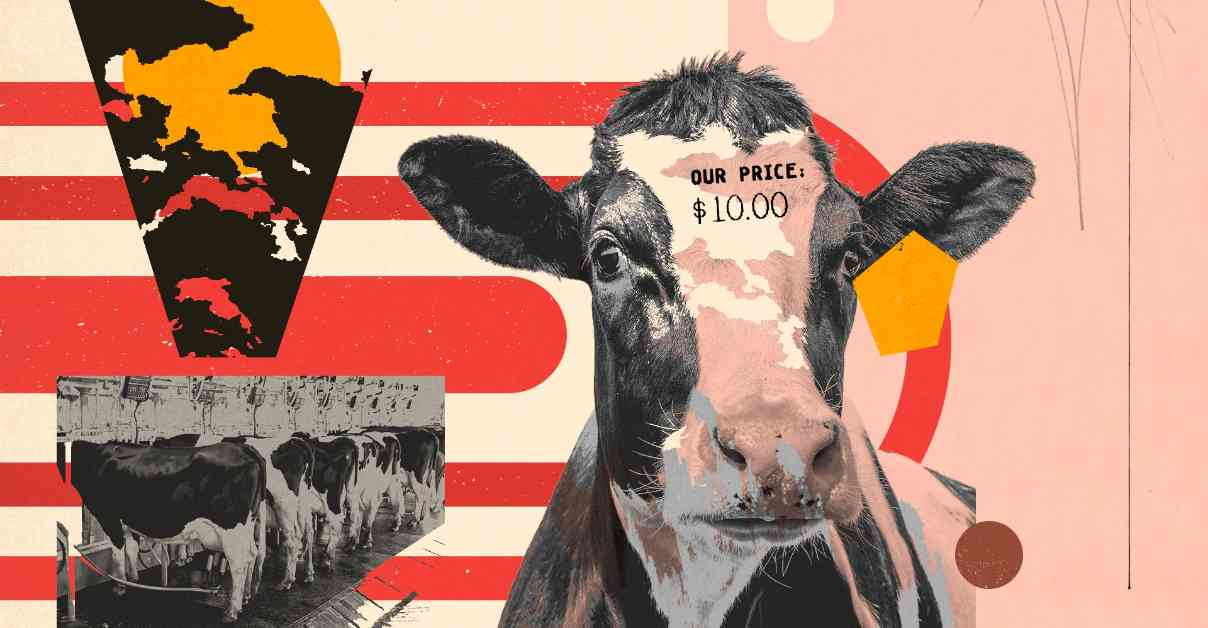In late 2010, McDonald’s hosted the Global Conference on Sustainable Beef in Denver, bringing together representatives from the world’s largest meat companies. The conference aimed to show that the beef industry was ready to reduce its environmental impact. However, it was more about discussing the industry’s survival as climate change concerns grew. The beef industry was under pressure following a UN report in 2006 that highlighted the environmental impact of animal agriculture. This report marked the first estimate of the industry’s role in global warming, putting it on par with fossil fuels in terms of environmental impact.
The conference led to the establishment of the Global Roundtable for Sustainable Beef, a network of beef processors, fast food chains, and other industry stakeholders. Despite claims of sustainability initiatives, little progress has been made in reducing environmental impact. The meat industry has been successful in avoiding regulations and portraying itself as environmentally conscious through initiatives like regenerative agriculture and technological solutions.
Environmental organizations like the World Wildlife Fund (WWF), the Nature Conservancy, and the Environmental Defense Fund (EDF) have collaborated with the meat industry on projects that some argue are more about improving industry image than the environment. These partnerships often focus on regenerative agriculture practices and technological solutions to reduce emissions. However, critics argue that these initiatives often amount to greenwashing, exaggerating environmental benefits for public relations purposes.
While some environmental groups challenge the meat industry, many others avoid confronting the industry due to fears of political backlash and concerns about personal dietary choices. However, reforming the food system to reduce reliance on animal products is essential to meet global climate targets. Some groups in Europe have made progress in shifting diets and reducing meat consumption through policy changes and public awareness campaigns.
Efforts to reform the meat industry in the US face challenges due to the industry’s political power and resistance to change. However, some environmental organizations are working to level the playing field between animal-based and plant-based foods through policy advocacy and public awareness campaigns. While reforming the food system is challenging, it is necessary to address the environmental impact of the meat industry and meet climate goals.
